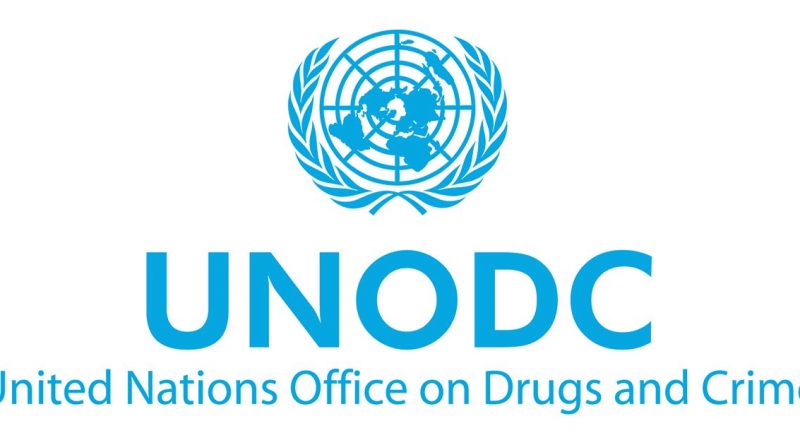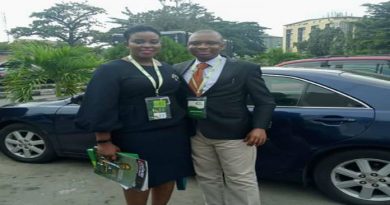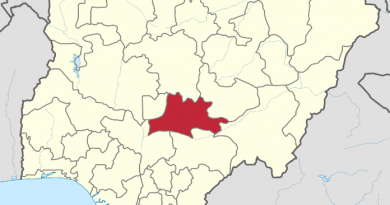UNODC and Partners Support Workshops to Prosecute War Crimes and Sexual Violence in Conflict
Crime Correspondent
Recently, the United Nations Office on Drugs and Crime (UNODC), the Wayamo Foundation and the United Nations Team of Experts of the Rule of Law and Sexual Violence in Conflict, conducted two capacity building workshops for Nigerian investigators and prosecutors on the investigation and prosecution of international crimes, with a special focus on conflict-related sexual violence.
The two workshops were conducted under the framework of the recently established project, “Strengthening Nigerian Capacity in the Investigation and Prosecution of International Crimes, with a Special Focus on Conflict-Related Sexual Violence” a joint initiative of the three entities.
The project, which aims to increase accountability for acts of sexual violence allegedly committed by all parties to the conflict in Northeast Nigeria, seeks to build the capacity of prosecutors from the Federal Ministry of Justice’s Complex Case Group (CCG) and Sexual and Gender Based Violence (SGBV) Prosecution Hub, as well as investigating and prosecuting officers from the Nigerian Armed Forces.
Although conflict-related sexual violence (CRSV) is not yet specifically recognized as a distinct offence under Nigerian law, the project aims to broaden the collective understanding of acts that amount to CRSV, such as sexual slavery, forced marriage, forced pregnancy, that fall outside more commonly acknowledged forms of sexual violence in Nigeria, such as rape and sexual harassment, captured by the Criminal Code, Penal Code and Violence Against Persons Prohibition Act.
The project also seeks to emphasize the gravity and distinctiveness of CRSV, as a form of sexual violence not committed in isolation, but in the context of widespread armed violence, including by terrorist groups.
The absence of national legislation on CRSV poses a challenge for Nigeria in meeting its international legal obligations to investigate and prosecute war crimes and crimes against humanity. In response to this lacuna, the workshop highlighted the importance of legal innovation, both in terms of how the existing law is interpreted and by leveraging some of the new technological tools that have become available. Participants explored new ways to utilize the existing offences enshrined in the TPPA to charge acts of CRSV.
While in the technological context, the Digital Programme Team at Wayamo briefed the participants on the new digital evidence management tool that Wayamo, in collaboration with UNODC, has introduced to the Joint Investigation Centre (JIC) in Maiduguri and the CCG in Abuja.
The workshop also provided an opportunity for participants to discuss ways to strengthen inter-agency collaboration between CCG prosecutors and JIC investigators to ensure a joint and cohesive approach to screening, interviewing, evidence recovery, case file preparation, and charging offences. Underscoring inter-agency collaboration in the period leading up to the UN’s annual 16 Days of Activism on Gender Based Violence which run from 25th November to 10th December is particularly timely and aligns with this year’s global theme: “UNITE! Activism to end violence against women and girls”.
Sexual violence in conflict has historically been under reported and under prosecuted, Nigeria must be congratulated in taking important steps to ensure that the individuals responsible for this most insidious terrorist tactic are held to account.
This activity supports the implementation of UNODC’s Strategic Vision for Nigeria in particular as concerns protecting women and children from sexual and gender based violence and exploitation.
(UNODC Media)




